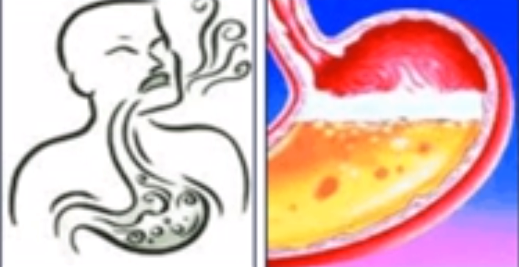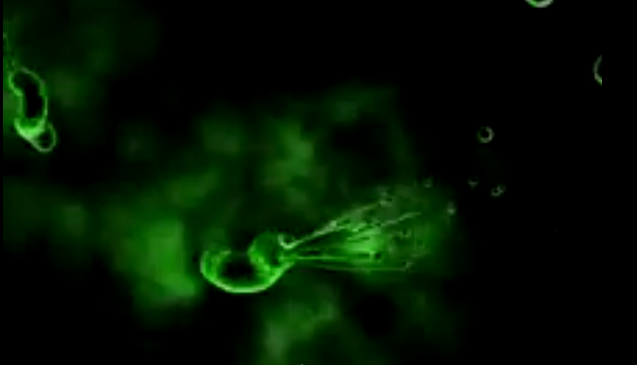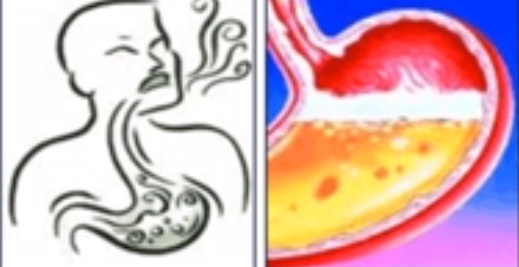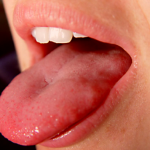What is Helicobacter Pylori ?
Also called as H Pylori,it is an infection that occurs when a certain bacteria known as Helicobacter Pylori infect a person’s stomach. This occurrence usually takes place during childhood. H Pylori is already present in approximately 50% population throughout the world and serves as a common factor causing peptic ulcer. Since, people never get sick due to the condition they do not even realize that they are colonized by Helicobacter Pylori bacteria. If a person develops symptoms of peptic ulcer, his doctor would recommend test for H pylori.
Helicobacter Pylori Symptoms
The bacteria manifests its infection in different conditions such as gastritis, duodenal ulcers etc. People with duodenitis and gastritis may have no symptoms while people with stomach ulcer and duodenal ulcer may have serious symptoms. Some of the common symptoms would include:
- Pain and discomfort mostly in the upper region of stomach
- Feeling full even after having smaller meal
- Reduced appetite
- Queasiness and vomiting
- Stomach bloating
- Stools appearing darker or tar-colored
- Bleeding ulcers can result in lowered blood count as well as fatigue
In some cases chronic gastritis can lead to anomalous alterations on lining of the stomach that in turn may cause certain kinds of cancer. There are rare chances of Helicobacter Pylori resulting in cancer. Nevertheless, since numerous people are carrier of H. Pylori it is considered as possibly common factor causing stomach cancer. In countries wherein H. Pylori infection takes place at early age, risk of stomach cancer is higher.
Helicobacter Pylori – Causes
Helicobacter Pylori is believed to spread by ingesting food or water that is contaminated with fecal matter. The bacteria leads to changes to the first part of small intestine called duodenum as well as stomach. These bacteria infect the tissue lining that protects the stomach. This causes release of certain toxins and enzymes as well as immune system becomes activated. These factors together injure cells of duodenum and stomach either directly or indirectly. As a result the walls of stomach become inflamed leading to gastritis while inflammation of duodenum wall causes duodenitis. Such changes make stomach and duodenum prone to damages caused due to digestive juices such as stomach acid, etc.
In developed countries such as United States, H, Pylori infection is uncommon during childhood but becomes frequent during adulthood. In case of developing countries children become affected with the condition even before they are 10 years old.
Diagnosis for Helicobacter Pylori infection
- Blood tests:
Blood evaluation of a patient can help in understanding underlying or previous incidence of H. Pylori infection. To perform such blood analysis a sample is obtained from the patient’s body just by pricking a finger.
-
Stool tests
This is a laboratory test done on a sample of the patient’s stool. This test is called Stool Antigen Test which is done to detect any foreign proteins (also called antigens) related to H. Pylori infection.
-
H Pyroli Breath Test
During this test the patient is given radioactive carbon molecule based pill, pudding or liquid. This gets expelled when the individual breathe out into a bag which is technically evaluated by the expert using special device to detect radioactive carbon.
-
Scope test
Scope test is endoscopy exam which is done by passing a long but flexible tube through throat, esophagus which reaches to your duodenum or stomach. This tube in fact is equipped with tiny camera called endoscopes. This instrument will allow your doctor detect anomalies in upper digestive tract. The expert will also remove sample tissue to be analyzed for H. Pylori infection.
Helicobacter Pylori Treatment
It is important to treat people with active or history of duodenal ulcer, active gastric, peptic ulcer etc associated with H. Pylori. Successful treatment can help in healing the ulcer, prevent ulcer from recurring and decrease it risk of complication such as bleeding.
There is no single drug that can treat the condition but a combination of medications is often suggested over a period of two weeks approximately. Some of the suggested treatments include:
- Proton Pump Inhibitors are medications that are highly suggested in case of H. Pylori infection. This drug reduces production of stomach acid which enables the tissues that are damaged by infection to be healed. Some common proton pump inhibitors include lansoprazole, omeprazole, pantoprazole, rabeprazole, dexlansoprazole and esomeprazole.
- Combination of antibiotics is also recommended. Two antibiotic given at a time reduce chances of failure and risk of antibiotic resistance of the bacteria.
- There are increasing amount of people suffering from H. Pylori infection with antibiotic-resistant bacteria. Hence, it is essential to try all medicines from doctor and undergo regular tests to ensure the condition is cleared.
The best H. Pylori treatment is still being researched. American College of Gastroenterology suggests using four regimen of combination of medicines each of which should contain at least three drugs. These suggested regimens can cure the infection in around 90% of affected individuals. It is crucial to undergo entire course of all the prescribed drugs to successfully treat Helicobacter Pylori.
Side-effect of treatment for H. Pylori
It is recorded that around 50% of the patient develop certain side-effects while undergoing treatment for Helicobacter Pylori. These side-effects are often mild and less than 10% individuals cease treatment due to side effects. Individuals experiencing side-effects can always go for dosage adjustments and schedule of dosage of medicines. Some of the common side-effects experienced due to H. Pylori treatment include:
- In regimens where drugs like metronidazole or clarithromycin is used, the consumer may experience metallic taste in mouth.
- If a person is taking metronidazole then alcohol based beverages should be strictly avoided or he/she may suffer from headache, queasiness, vomiting, increased heart rate, skin flushing and sweating
- Constipation and darker-stools may be noticed in patients taking Bismuth
- Many treatment regimens for H. Pylori may cause stomach cramps and diarrhea
After completing the first treatment course around 20% affected individuals do not get cured completely. In such a case patients are recommended to go for second course of treatment. In the second regimen at least one antibiotic will be different from those used in the first treatment regimen.
After completing the treatment for Helicobacter Pylori it is suggested to go for regular tests to make sure the infection is cured. These tests are often done through stool tests and breathe test. For follow-up tests, blood tests and scope tests are not usually recommended.
H Pylori Pictures




